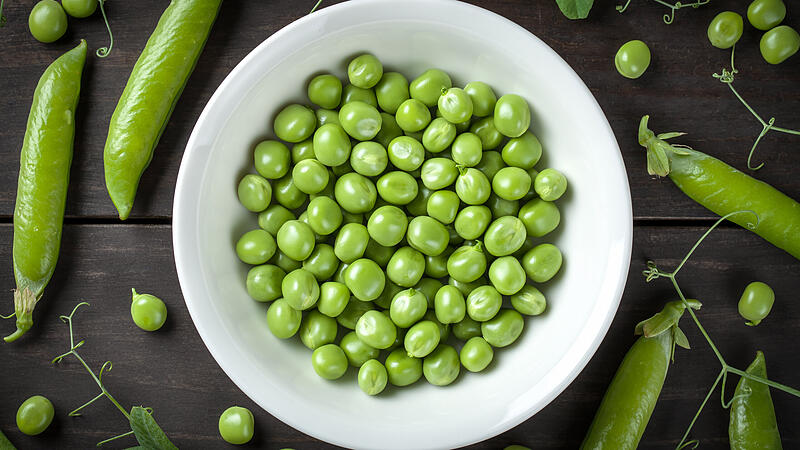Image: Colourbox
It was shown that selected varieties had a good organic and regional content. “On average, five out of ten varieties can be found in organic quality in the frozen food aisle, and at least two thirds of them come from Austrian agriculture,” it said in a press release.
“Peas, carrots, corn, red cabbage, spinach and the like from the frozen shelf are important suppliers of vitamins all year round and often have a better carbon footprint when purchased than in glass or cans,” it was emphasized. The environmental protection organization spoke of a “satisfactory result”.
This vote is disabled
Please activate the category Targeting cookies in your cookie settings to display this item. My cookie settings
Large organic offering from Austria
According to Greenpeace, Interspar took first place in the range comparison, ahead of Spar, Billa Plus and Billa, all four of which scored “Very Good” thanks to their own organic brands. “Even now in winter we need vegetables rich in vitamins. The first choice here should be seasonal and regional organic vegetables. But there is now also a large organic selection from Austria when it comes to frozen peas, spinach and the like,” said Greenpeace. Agricultural expert Melanie Ebner quoted. The survey shows that own brands are ahead of industry brands when it comes to organic quality.
According to Greenpeace, for example, the production of one kilogram of frozen peas to the supermarket checkout generates 1.2 kilograms of CO2, while canned or jarred peas generates 1.7 kilograms of CO2. Above all, the behavior of consumers is crucial for the overall climate footprint of frozen vegetables. Storage duration and processing at home would have the greatest influence on the climate balance. Peas and spinach from the freezer are available in organic quality at all supermarkets. At Interspar, at least one organic product is available for seven of the ten types of vegetables surveyed. On the other hand, there are hardly any frozen organic beans on the market and there are no organic soy beans at all.
Criticism of Iglo
Almost two thirds of the varieties tested in the market check are also available from local farmers. What is particularly noticeable for the NGO is that environmentally friendly, organically produced vegetables are only offered by the private labels themselves. Greenpeace found no organic quality in products from the frozen food giant Iglo. “Brands like Iglo also have to fulfill their responsibility towards the environment and offer climate-friendly organic products. But we ourselves can also protect the environment through our actions in purchasing, storage and processing,” said Ebner.
My themes
For your saved topics were
new articles found.

info By clicking on the icon you can add the keyword to your topics.
info
By clicking on the icon you open your “my topics” page. They have of 15 keywords saved and would have to remove keywords.
info By clicking on the icon you can remove the keyword from your topics.
Add the topic to your topics.
Source: Nachrichten




